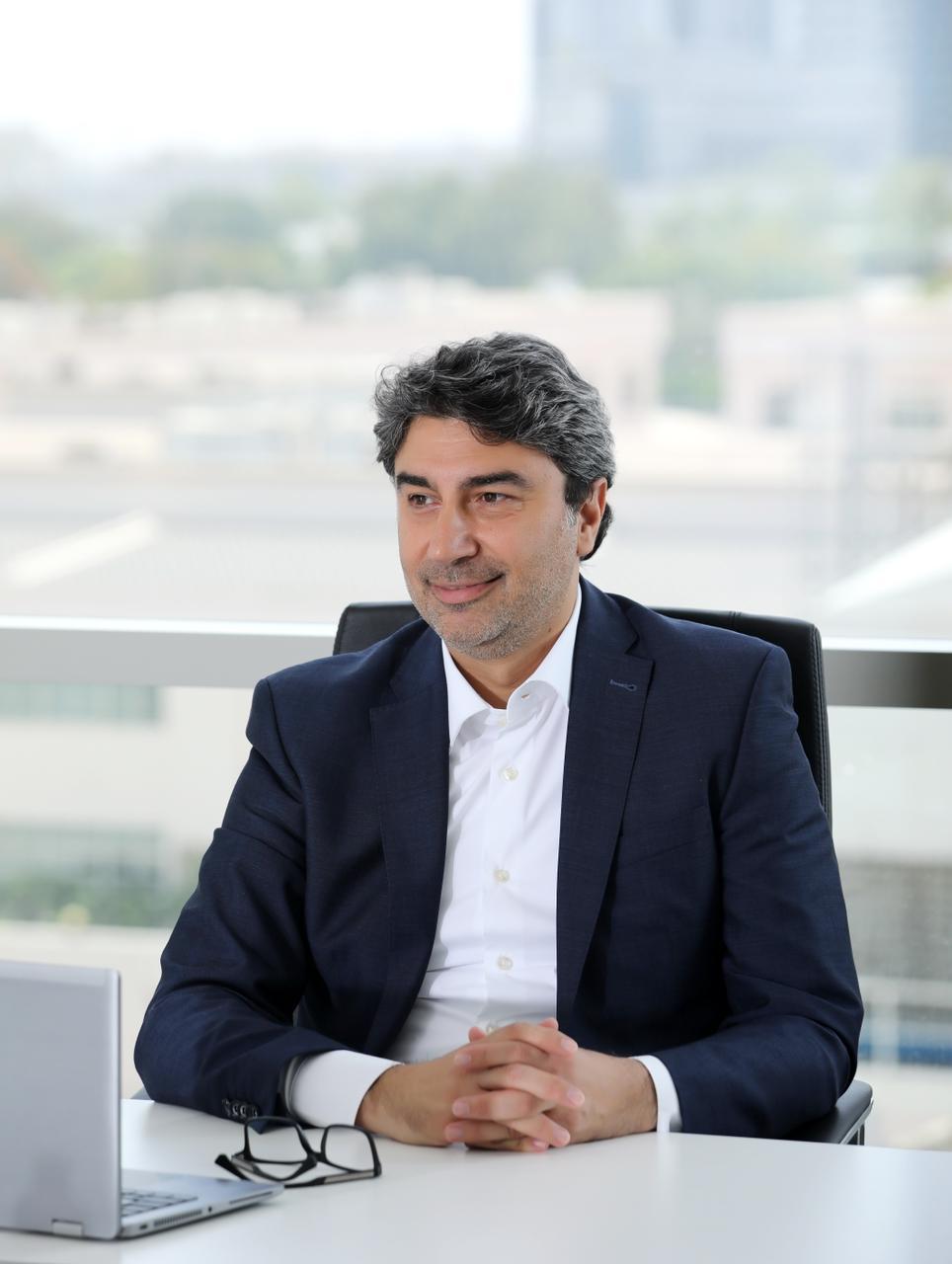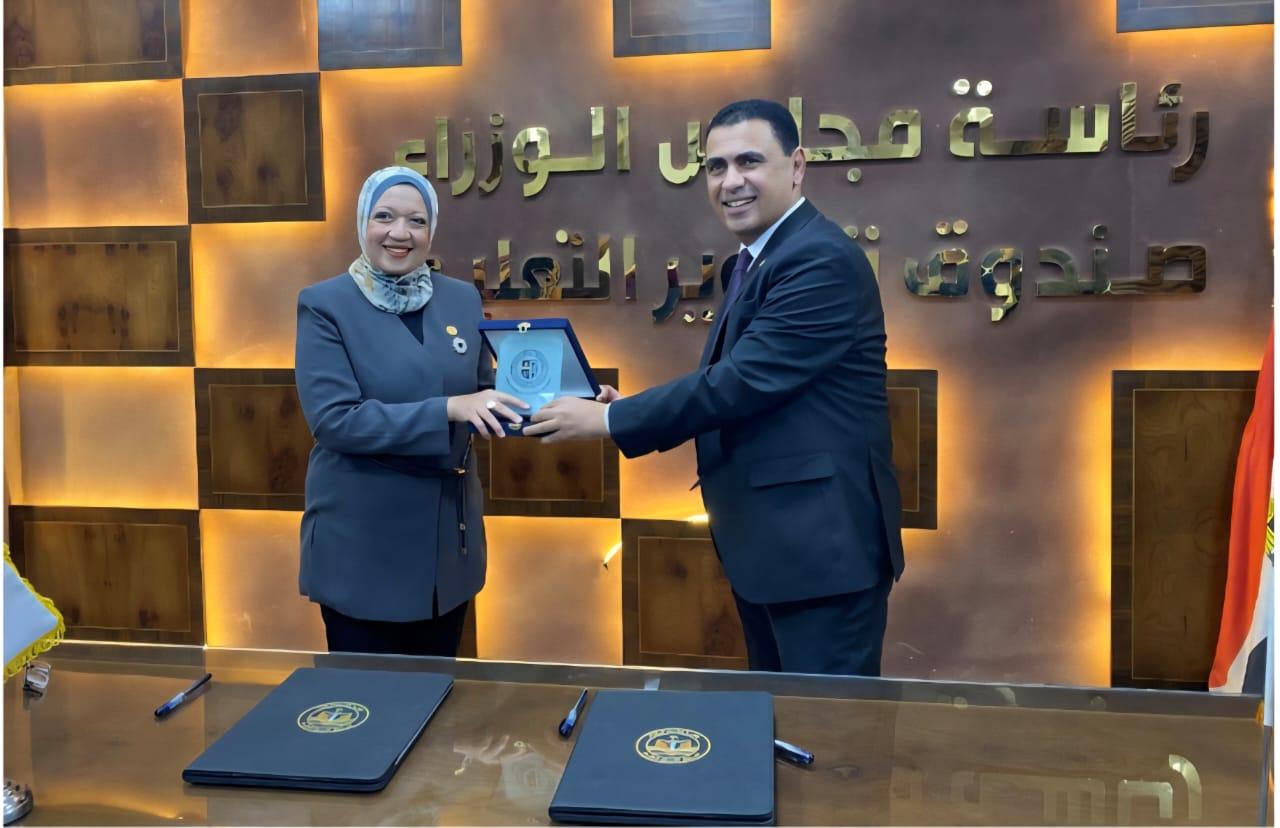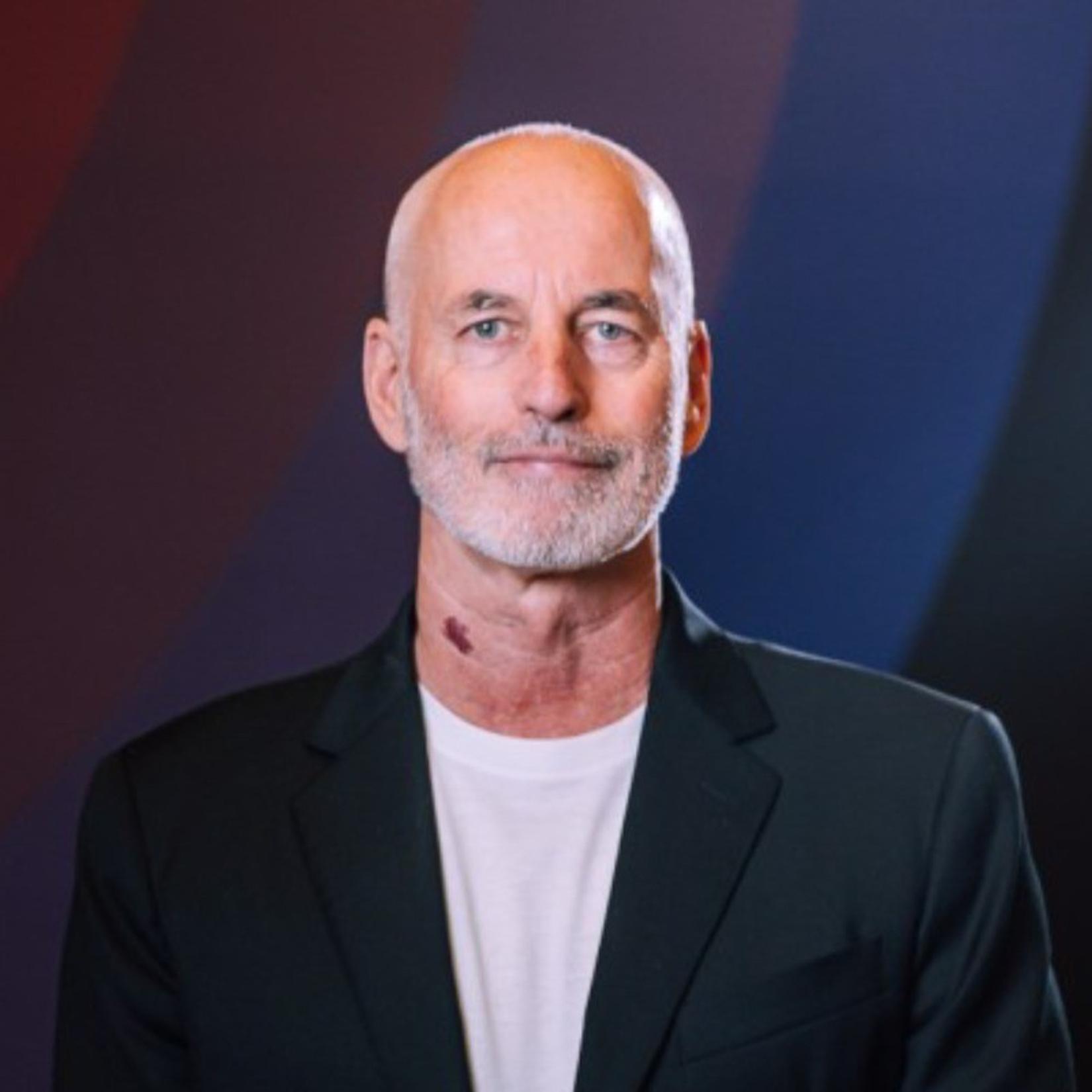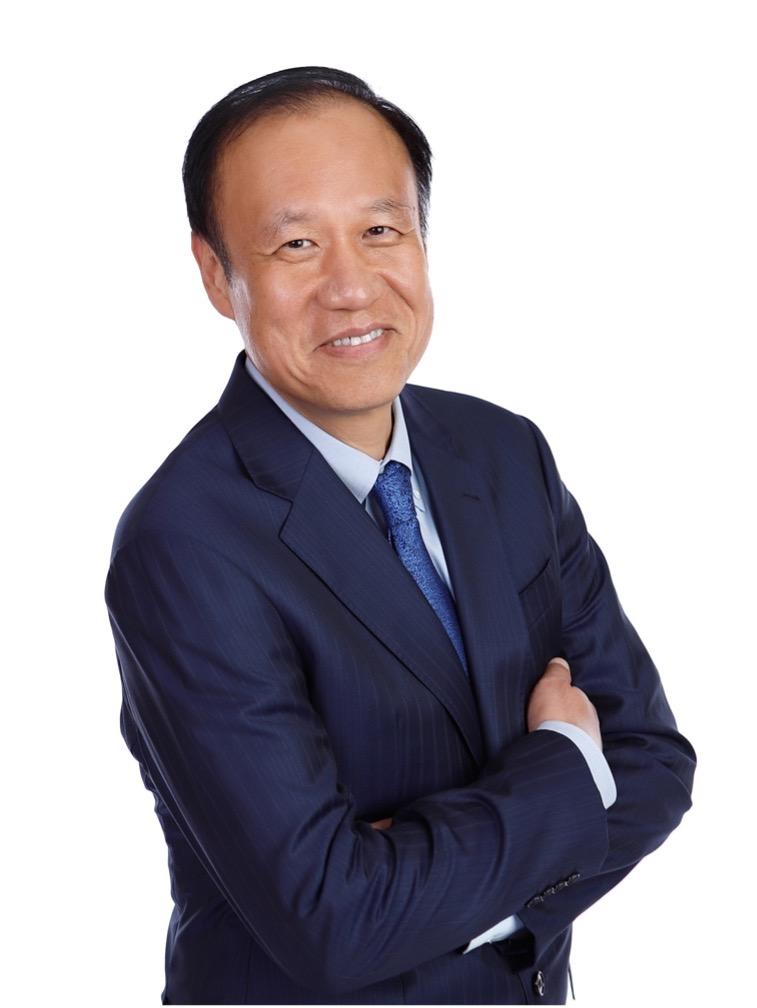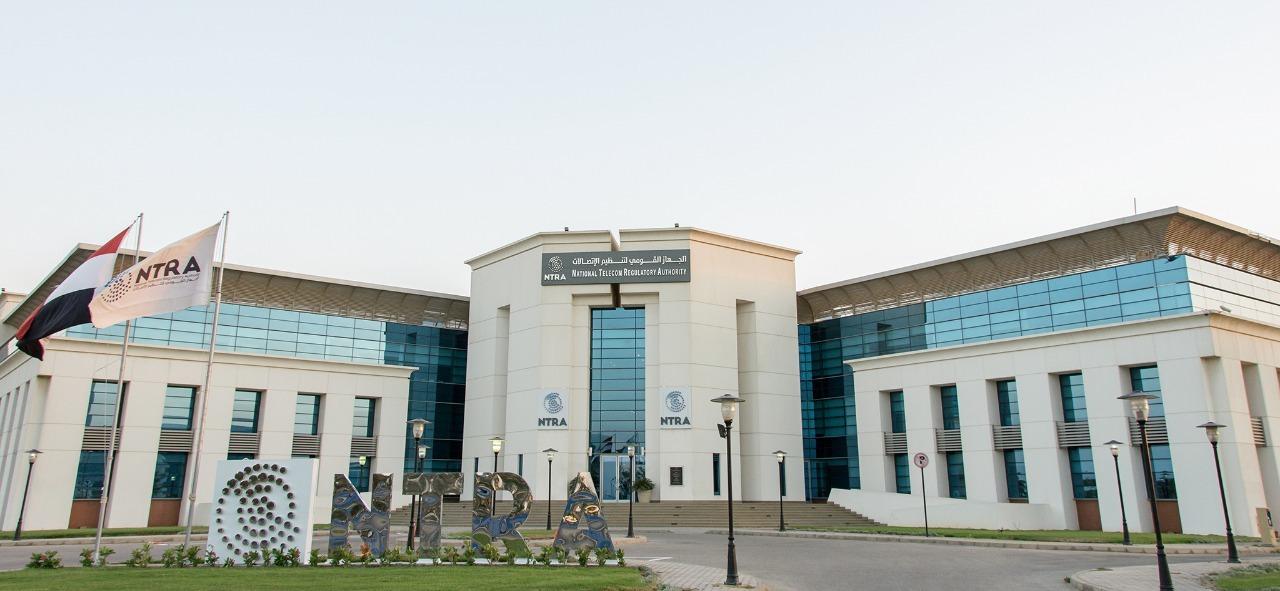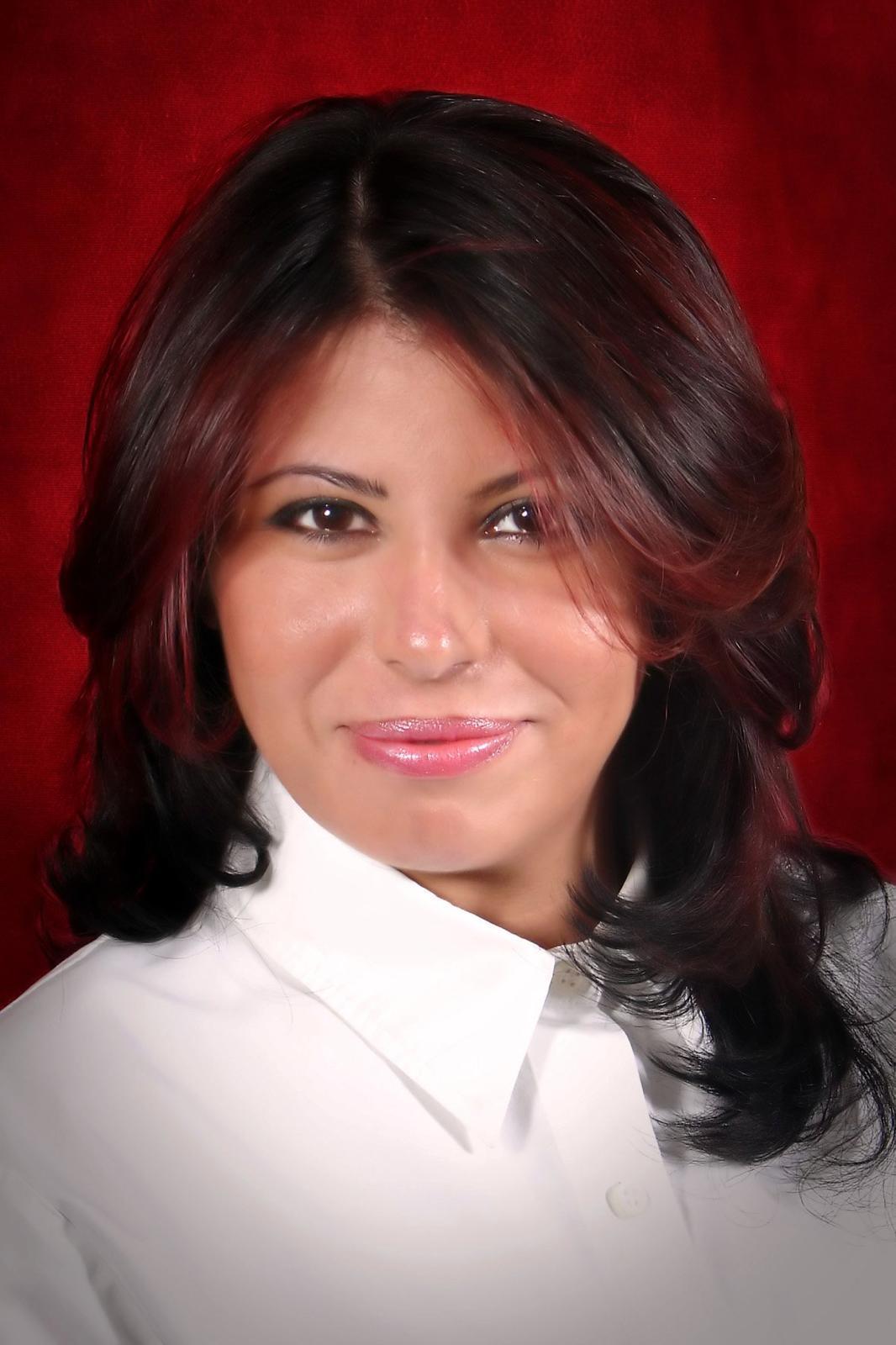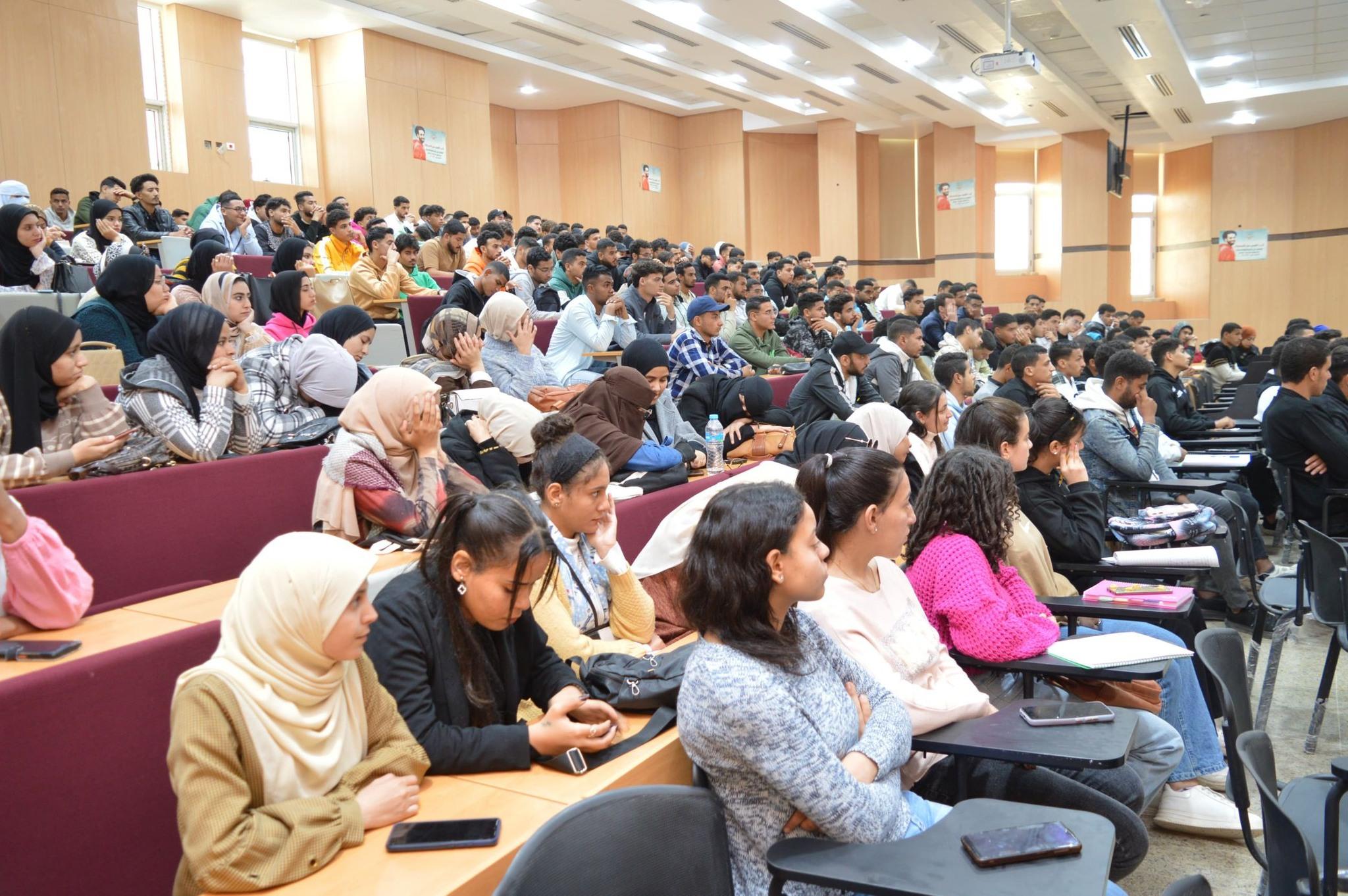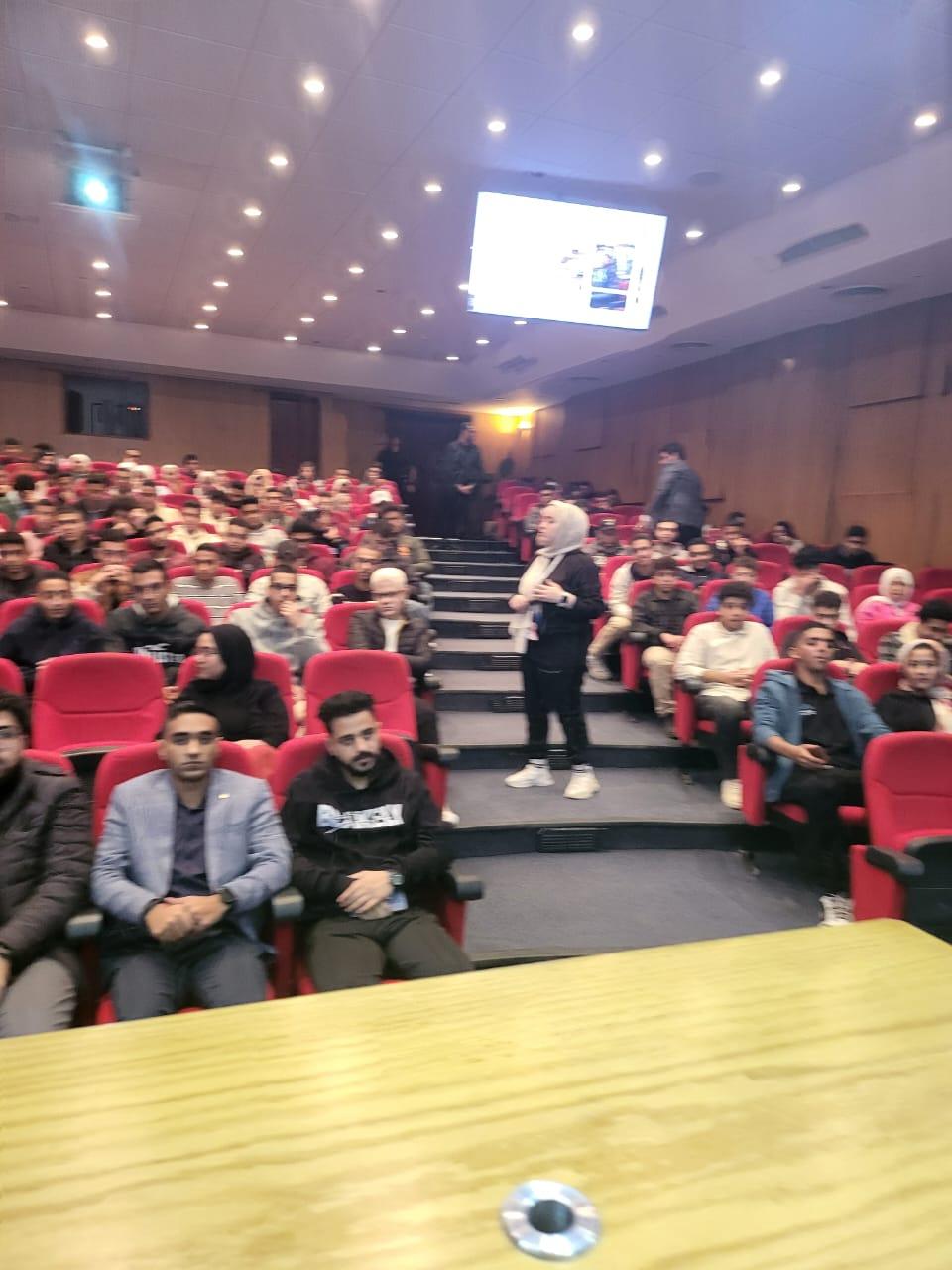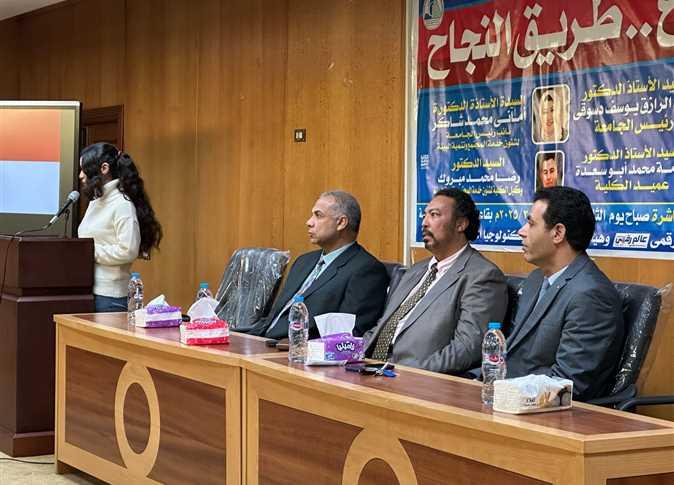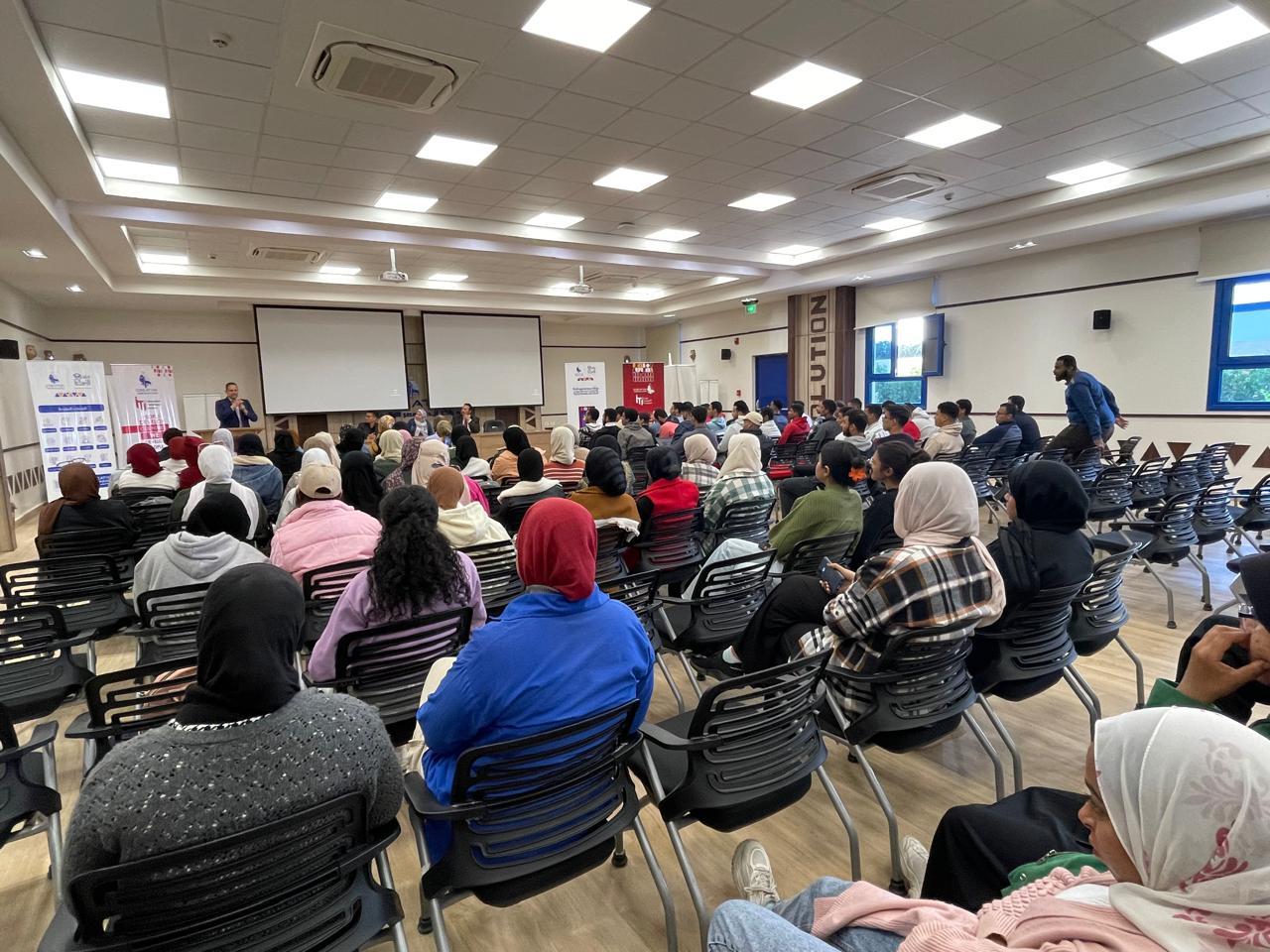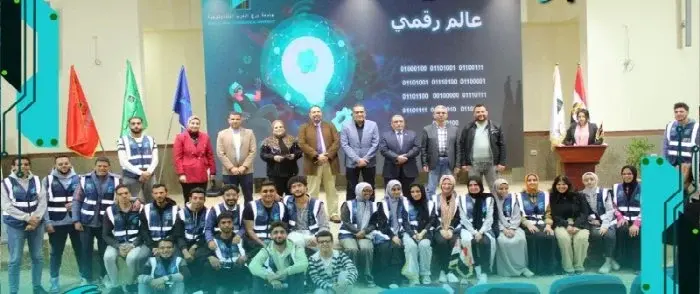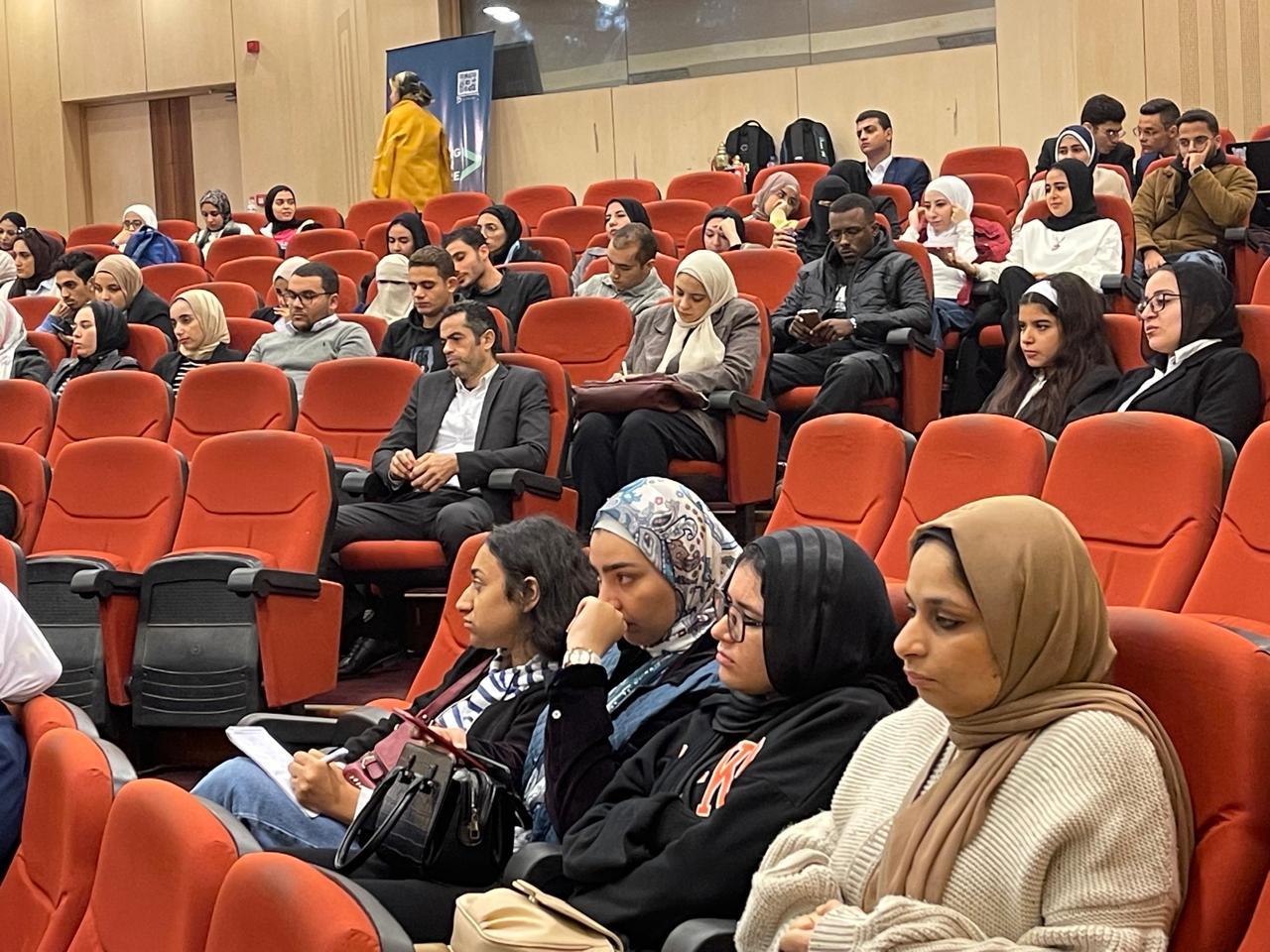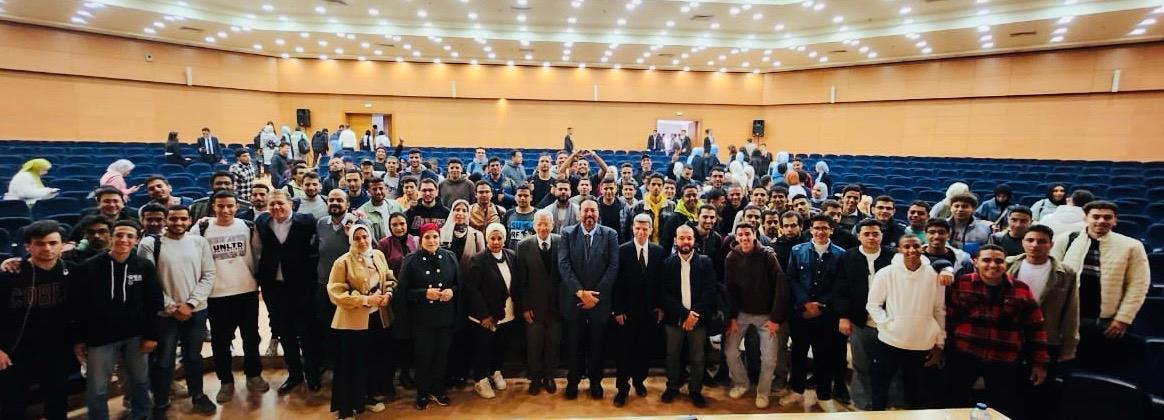AVEVA technologies are creating the connected industrial economy in Africa, helping drive down emissions while supporting sustainable development
Sharm El Sheikh, Egypt, 17 November, 2022: A digital approach is critical to success in tackling climate change and the energy transition, Nayef Bou Chaaya, AVEVA Vice-President – Middle East, Africa & Turkey, said at the Climate Innovation Forum at COP 27, the United Nations Climate Change Conference 2022 in Sharm El Sheikh, Egypt.
“Data-led technologies are essential to decarbonization, driving responsible use of the world’s resources and delivering innovative, climate-forward products in the net-zero economy,” he said. “To meet the UN Sustainable Development Goals, industry emissions must drop 1.2% each year to put us on net-zero pathways by 2030 and to do this, industries need to take a data-centric approach.”
AVEVA, a global leader in industrial software, driving digital transformation and sustainability, is a sponsor of the Climate Action Innovation Zone running alongside COP27.
The FTSE-100 company works with a large number of governments worldwide and more than 20,000 enterprises in over 100 countries to help them deliver life’s essentials, including safe and reliable energy, food, medicines and infrastructure.
With more than 50 years of industrial software innovation and 23 years’ experience in digital transformation, AVEVA empowers customers to save up to $320 million per year.
“Our products support the economic drive to net-zero, accelerating efficiency and resilience through data and analytics. Our customers are using the AVEVA portfolio to hasten their transition to a lower-carbon and more circular future,” Bou Chaaya said.
Also representing AVEVA at the forum were some of AVEVA’s most prominent climate advocates, including Amish Sabharwal, Executive Vice-President – Engineering and Simulation and member of AVEVA’s Executive Leadership Team; and Lisa Wee, Global Head of Sustainability.
Digital technologies offer new pathways for rapid economic growth, innovation, job creation and access to services, Bou Chaaya said. Advanced technologies and tools such as the industrial internet of things (IOT), artificial intelligence and predictive analytics, are helping deliver the next wave of economic growth, often called the Fourth industrial Revolution.
This is particularly important for Africa, where the continent’s rich natural and mineral resources and its young population represent a huge economic opportunity. Harnessing that wealth and funneling it to drive sustained, inclusive and sustainable economic development requires thoughtful policymaking and robust public-private partnerships, founded on a shared vision of sustainable development.
Supporting sustainable growth
“Achieving successful sustainable growth will require effective and committed partnership between governments, industry leaders and societies to ensure that digital solutions are deployed in ways that support sustainability and empower people to drive economic growth,” Bou Chaaya said.
Digital technologies are already proving their worth in Africa by unlocking innovation to close the implementation gap on climate change to support sustainable development, Bou Chaaya said.
In Morocco, for example, the Noor Concentrated Solar Power Station uses around two million mirrors to turn sunlight into enough clean energy to supply around 6% of the entire country’s needs, while accelerating the country’s bid for a 52% renewable energy mix by 2030. The project was built using Schneider Electric’s EcoStruxure Plant solution with integrated AVEVA software.
The Noor complex uses a single control platform that integrates a digital automated industrial control system with the solar field, calibration and data collection systems. Data is captured, and predictive asset analytics are applied and, finally, performance and profitability are optimized. Better working and maintenance conditions through remote supervision are also supported, while maintenance and adjustments can be done without stopping production, reducing downtime.
Yet, there is a huge opportunity ahead. Even with the Noor complex, solar capacity in Africa is at less than 1% of potential capacity – and we need to get to 30% by 2050. To get there, Africa will require $190 billion in investment each year between 2026 and 2030, according to the International Energy Agency.
Many governments including in Morocco, Egypt and other parts of Africa, are investing strategically and systematically in developing digital infrastructure, supported by digital skills. This will ensure people can harness the power of digital to drive deeper efficiency and sustainability gains, be that through enabling the transition to renewable energy resources or driving down emissions from existing operations.
Tangible results in Africa
Chaaya and his team shared some other examples of how AVEVA’s digital technologies are enabling teams to engineer efficiently and optimize operations, to support sustainable, equable development and assist the energy transition.
• For a bottling company in Namibia, AVEVA Historian supports the management of energy consumption, reduces CO2 emissions, and improves production. The renewable energy system supported with AVEVA Historian provides for 8% of the company’s electricity demand as well as approximately 4.23 million kWh of green energy. NBL has achieved a savings of 4,230 tons of carbon dioxide (CO2). Precise verification of KPIs can now be obtained to evaluate plant processes and related equipment operations.
• In South Africa, Astron Energy has boosted operational efficiency by 20% by unifying data across their operations, empowering their teams to make better decisions. Using AVEVA Connect, the company transformed its crude management processes without disruption to the business and reduced assay creation time by 50%.
• Similarly, Black Rock Mining Operations improved energy efficiency, optimization and increased transparency and safety by bringing together data from across its separate locations in South Africa into one control center. Productivity has grown by 10% and mines across their network are now sharing best practices efficiently.
• In West Africa, leading liquefied natural gas producer Nigeria LNG uses digital twin software supported by AVEVA Unified Operations Center, AVEVA Information Management and AVEVA Predictive Analytics. On at least two occasions, it has provided intervention and corrective support, preventing unplanned downtimes and potential revenue loss. It also has transformation potential to optimize production, improve productivity, assure asset integrity and ensure health, safety and environment protections.
• Pan-African agribusiness Illovo Sugar sweetened its production process by using AVEVA PI System. The software helps it create a real-time reporting system to track the performance of 49 packing machines across five sites in three countries. Measurable results included a 50% improvement in performance, a 25% improvement in availability and 30% improvements in overall equipment effectiveness (OEE) in three months.
Connected industrial economy
These companies show how African business is being transformed by data-led digital technologies. When people across industrial ecosystems are connected along a single digital thread, value chains can be transformed into agile, profitable, sustainable networks. This is because all parties along the chain have real-time access to exactly the same data – empowering new and connected industrial networks both within companies and with trusted external partners. The rise of this is what AVEVA calls connected industrial economy:
“Connecting and sharing data along a single digital thread can unlock exponential and sustainable growth across the entire ecosystem,” Bou Chaaya said. “At AVEVA we call it the connected industrial economy and we believe it is the basis of the next wave of industrial development.”
